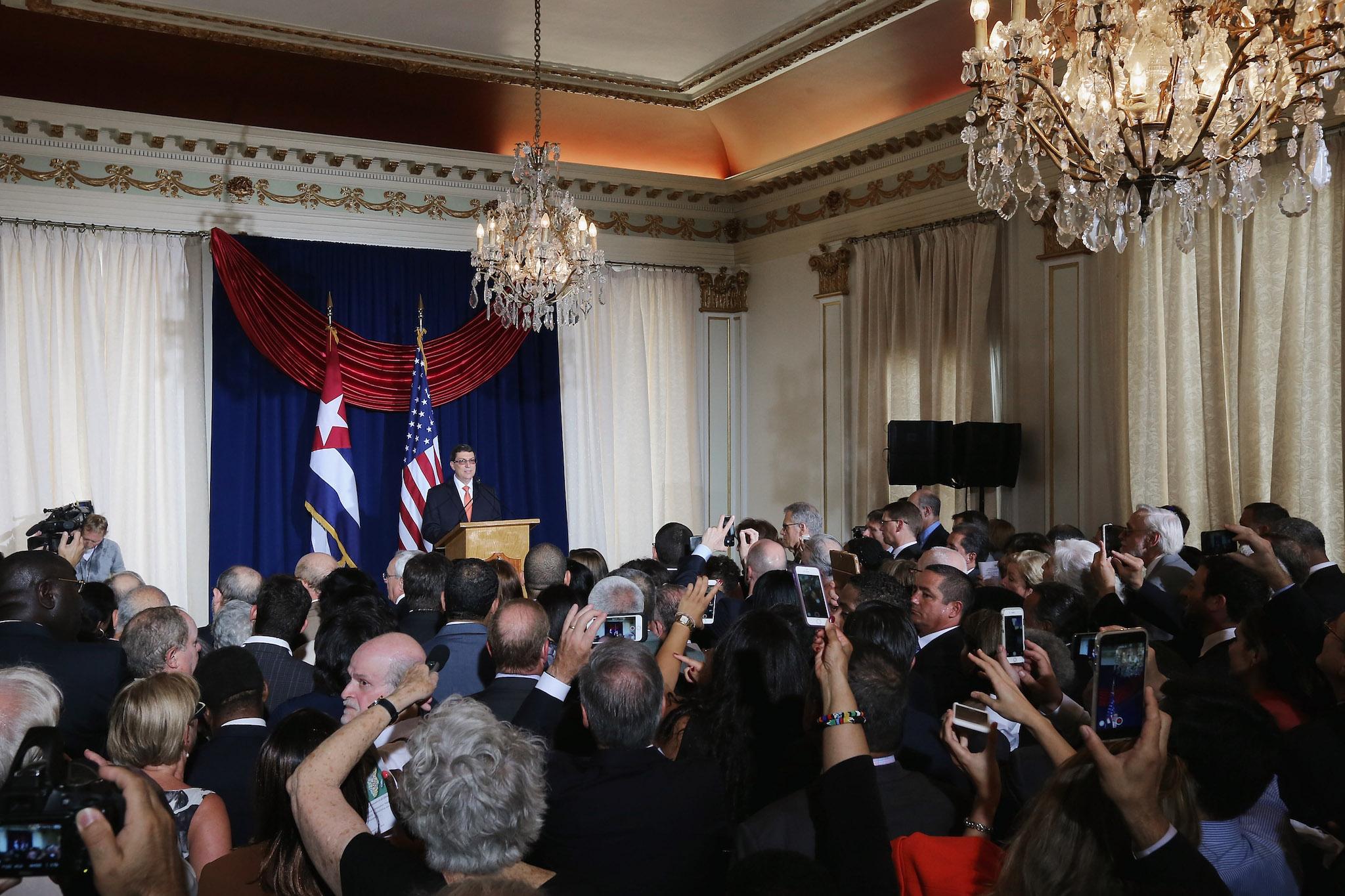US diplomats in Cuba mysteriously go deaf as country is accused of using secret sonic weapon
The mysterious hearing loss has been going on for a year

The freshly friendly relationship between the US and Cuba appears to have soured after officials said that had been secretly made deaf.
The hearing loss has been blamed on a secret sonic weapon and is just one a series of bizarre incidents that have upset US officials working in Cuba. The US has kicked out two Cuban diplomats in an attempt to address the strange incidents.
US investigators have concluded that the country's diplomats were being hit with an advanced device that can send out sound that is inaudible but can cause huge damage to the ears of a person around them, which appears to have been left either inside or near the diplomats' houses. It's not clear whether the device was meant as a weapon or if it also served some other purpose.
Towards the end of last year, US diplomats began to suffer mysterious hearing loss, according to investigators. Many of them had arrived recently at the embassy, which had reopened the year before, as part of Barack Obama's new attempt to reestablish relations with the country.
Some of the diplomats even had to leave their post and come back to the US.
State Department spokeswoman Heather Nauert said the U.S. retaliated by expelling two Cuban diplomats from their embassy in Washington on May 23. She did not say how many US diplomats were affected or confirm they had suffered hearing loss, saying only that they had "a variety of physical symptoms."
The Cuban government said in a lengthy statement late Wednesday that "Cuba has never permitted, nor will permit, that Cuban territory be used for any action against accredited diplomatic officials or their families, with no exception."
The statement from the Cuban Foreign Ministry said it had been informed of the incidents on Feb. 17 and had launched an "exhaustive, high-priority, urgent investigation at the behest of the highest level of the Cuban government."
It said the decision to expel two Cuban diplomats was "unjustified and baseless."
The ministry said it had created an expert committee to analyze the incidents and had reinforced security around the U.S. embassy and U.S. diplomatic residences.
"Cuba is universally considered a safe destination for visitors and foreign diplomats, including U.S. citizens," the statement said.
US officials told The Associated Press that about five diplomats, several with spouses, had been affected and that no children had been involved. The FBI and Diplomatic Security Service are investigating.
Cuba employs a state security apparatus that keeps many people under surveillance and US diplomats are among the most closely monitored people on the island. Like virtually all foreign diplomats in Cuba, the victims of the incidents lived in housing owned and maintained by the Cuban government.
However, officials familiar with the probe said investigators were looking into the possibilities that the incidents were carried out by a third country such as Russia, possibly operating without the knowledge of Cuba's formal chain of command.
Nauert said investigators did not yet have a definitive explanation for the incidents but stressed they take them "very seriously," as shown by the Cuban diplomats' expulsions.
"We requested their departure as a reciprocal measure since some US personnel's assignments in Havana had to be curtailed due to these incidents," she said. "Under the Vienna Convention, Cuba has an obligation to take measures to protect diplomats."
US diplomats in Cuba said they suffered occasional harassment for years after the restoration of limited ties with the communist government in the 1970s, harassment reciprocated by US agents against Cuban diplomats in Washington. The use of sonic devices to intentionally harm diplomats would be unprecedented.
Additional reporting by agencies
Join our commenting forum
Join thought-provoking conversations, follow other Independent readers and see their replies
Comments